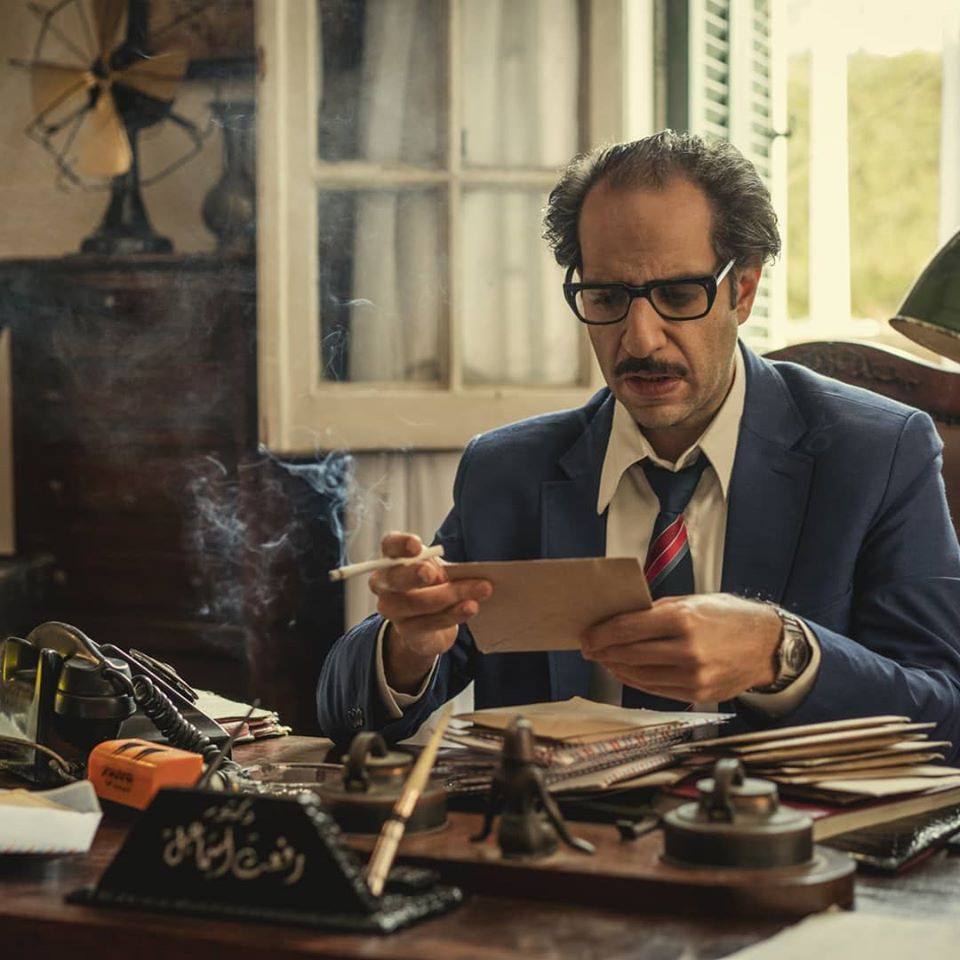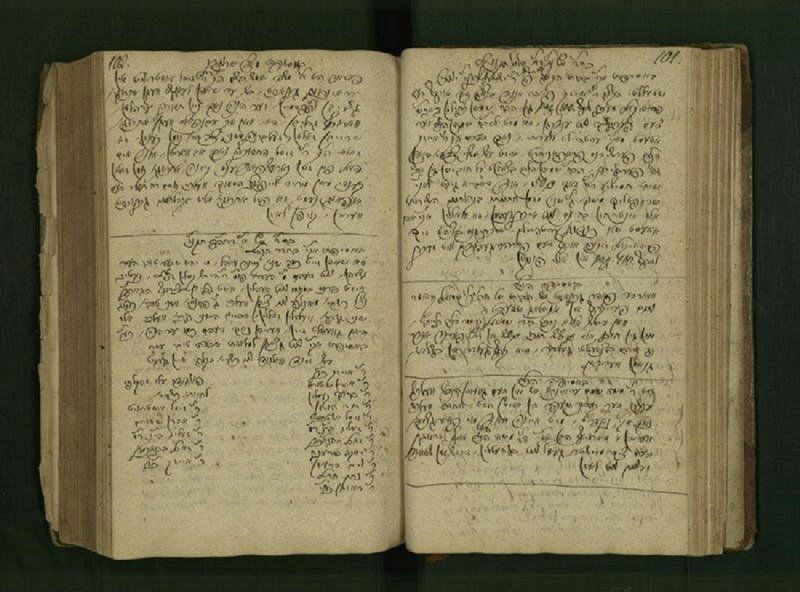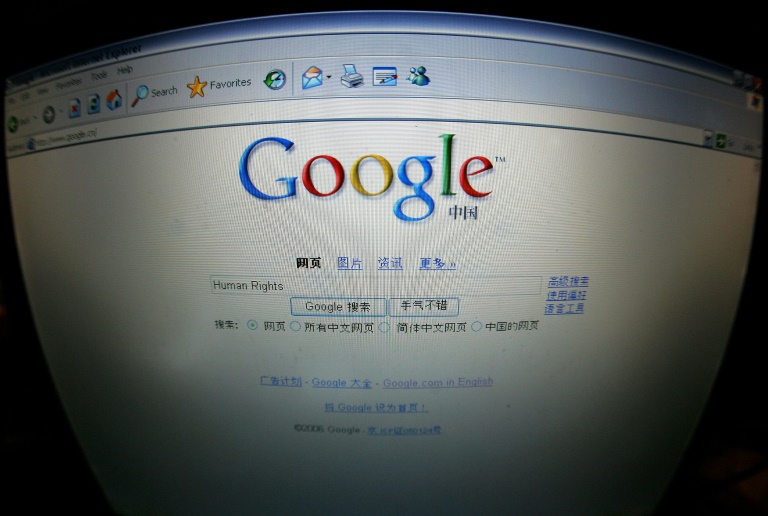
DOHA — In “Translation in and of the World,” a three-day-conference organized in Doha by the Bloomsbury Qatar Foundation, the British Council and the Translation and Interpreting Institute, keynote speaker Mona Baker was introduced by Ahdaf Souief as the first scholar to establish a link between politics and translation. If you visit Baker’s website and see the sections on the Middle East conflict or the academic boycott of Israeli institutes, you may instantly think you have found a direct link between translation and politics. With more readings of Baker’s works, however, you realize that her interest in translation and its relation to politics is part of her interest in translation and conflict. What translation does/can do in/to the world with its various changeable narratives fascinates and awes her.
Translation is not a discrete process, but part and parcel of the life we live with its various and conflicting narratives. Against the traditional romantic image of translation as a bridge between cultures, Baker draws attention to the fact that bridges are being blown up all the time in our world. The translation bridge is not an exception. Translators used to think they dealt with identifiable discrete texts, and were concerned with traditional points such as how the target language matched or addressed the source language. Though she knows it may be hard to change such an old tradition, Baker invites us to think of translation in a totally different way. Many translational acts are invisible and anything but discrete. In the newsroom, for example, there is a very thin line between the role of translator and editor in the translation and editing process.
Here, Baker briefly explains narrative theory, pointing out that our world does not consist of an independent objective reality which we report on or pick from. It’s a variety of stories to which we do not have unmediated access. No single narrative can capture this complexity, with all its forces or sources. We all engage in politics by constantly making decisions about how we are going to communicate, whether we realize it or not. Translation is not outside that space; it’s part of the continuous process of (re)constructing the world. To Baker, the neutral translator is a mythical figure. Translation invokes and elaborates new realities.
Baker’s narratives are the everyday stories we live by. In her book “Translation and Conflict: A Narrative Account,” she explains that they are a crucial means of generating, sustaining, mediating and reporting conflict at all levels of social life. She says this concept of narrative may overlap with Michel Foucault’s discourse and Roland Barthes’ myth, but suggests that narrative is more concrete and accessible.
Narratives are dynamic entities that change daily as people are exposed to new experiences and slightly change their stories. Narrative theory holds that people’s behavior is guided by the stories they believe and by the events they are embedded in, more than by stories of their gender, race, or any other attribute. The variety of changing, criss-crossing new narratives we are in cannot be streamlined for people to pick from. Moreover, narratives are inherently undermining, subverting the world around them. Narrative theory allows us to trace narratives that do not belong to particular texts but come from different systems and sources.
To illustrate, Baker discusses an interesting example of the use of subtitles. In March 2011, Citizens against Government Waste (CAGW) made a short ad for the purposes of undermining US welfare policy as governmental waste, but it was twisted by various parodies to show the power translation has in forcing and sustaining new realities. In the original, a Chinese professor talks to his students in 2030, obviously after the US has been deposed and China has taken over the world. The professor explains why great nations fall so that their empire does not make the same mistakes.
In “Chinese Professor,” the subtitles read: “Beijing, China 2030 AD. Why do great nations fail? The ancient Greeks… The Roman Empire… The British Empire… and the United States of America. They all make the same mistakes, turning their back on the principles that made them great. America tried to spend and tax itself out of a great recession. Enormous so-called ‘stimulus’ spending, massive changes to health care, government takeovers of private industries, and crushing debt. Of course, we owned most of their debt… so now they work for us… [laughter].” A voiceover says: “You can change the future. You have to. Join Citizens against Government Waste to stop the spending that’s bankrupting America.”
The subtitles in a parody subvert the original to devastating effect. In “Chinese Professor — The Real Translation” they begin identically, but after “They all make the same mistakes” they read: “The rich bought control of the government and media and distracted the people with spectacle while they stole the nation’s wealth. Eventually there were only the poor and the rich. The new poor grew angry, so the rich betrayed the government they controlled, hiding in and fueling the angry crowd. Friends inside kept the government powerless but just to be safe they manufactured fear of a foreign evil. But who’s stupid enough to fall for that one again? [Laughter.]”
In a handout, Baker explains that CAGW, a descendant of J. Peter Grace’s 1980s-era anti-wasteful spending commission, is in principle bipartisan, though for the current US election its campaign against the menace of “stimulus spending” has an obvious partisan tilt. And if you know anything about the Chinese economy, the analytical content in the original ad is hilariously wrong. The professor says America collapsed because, in the midst of a recession, it relied on government stimulus spending, big changes to its health care systems and public intervention in major industries — all of which have been crucial parts of China’s successful anti-recession policy.
This is an example of how texts’ (un)truths can change reality and foster new chains of events and (un)truths. Baker notes that the people in the original ad are professional actors and their words part of a carefully written script. Translation is used in a particular way here — to inspire fear of the foreign other by the effect of the different language. The audience would normally believe the subtitles because the original looked and sounded credible. Baker notes that the original clip is a “point of origin” and points of origin always seem “authentic” as constructed, material experiences of society. The subtitles add to that credibility. Here we have a case of the absence of the original: translation was provided first, text came later. It is, then, a narrative performance in its own right.
Translation has been changed by and changes technology. A question raises its head here: to what extent it is useful to keep questioning whether a presentation is not reality? To understand that history is a constructed entity is important in all cultures. To Baker, it is important to focus on the West’s narratives now because they are the stronger ones. The West has media tools which can and do shape reality. To challenge its power, its narratives must be challenged, because people live these realities, replicate and recreate them. “I want to challenge the western constructed realities in translation studies,” Baker says.
As translation exists in the world, and the world is not a neutral place, the space of translation is a very productive and malleable one in which to do political work. Of all people, scholars need to make their political positions open and to keep challenging the different narrations and (re-narrations) of the world. We can lose sight sometimes in the wild sea of conflicting narratives, but our embeddedness in narrative does not dim our ability to reason about them.




